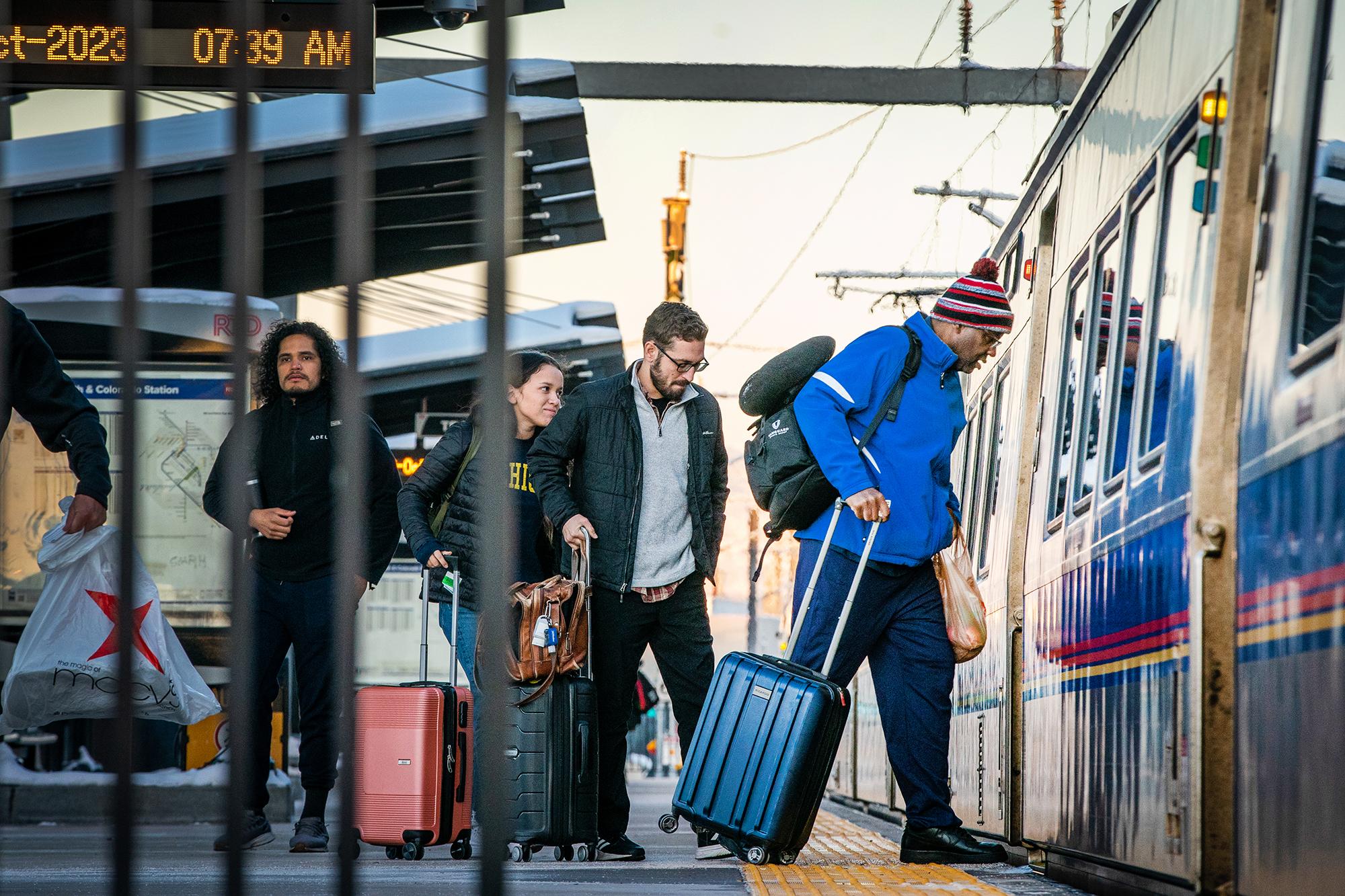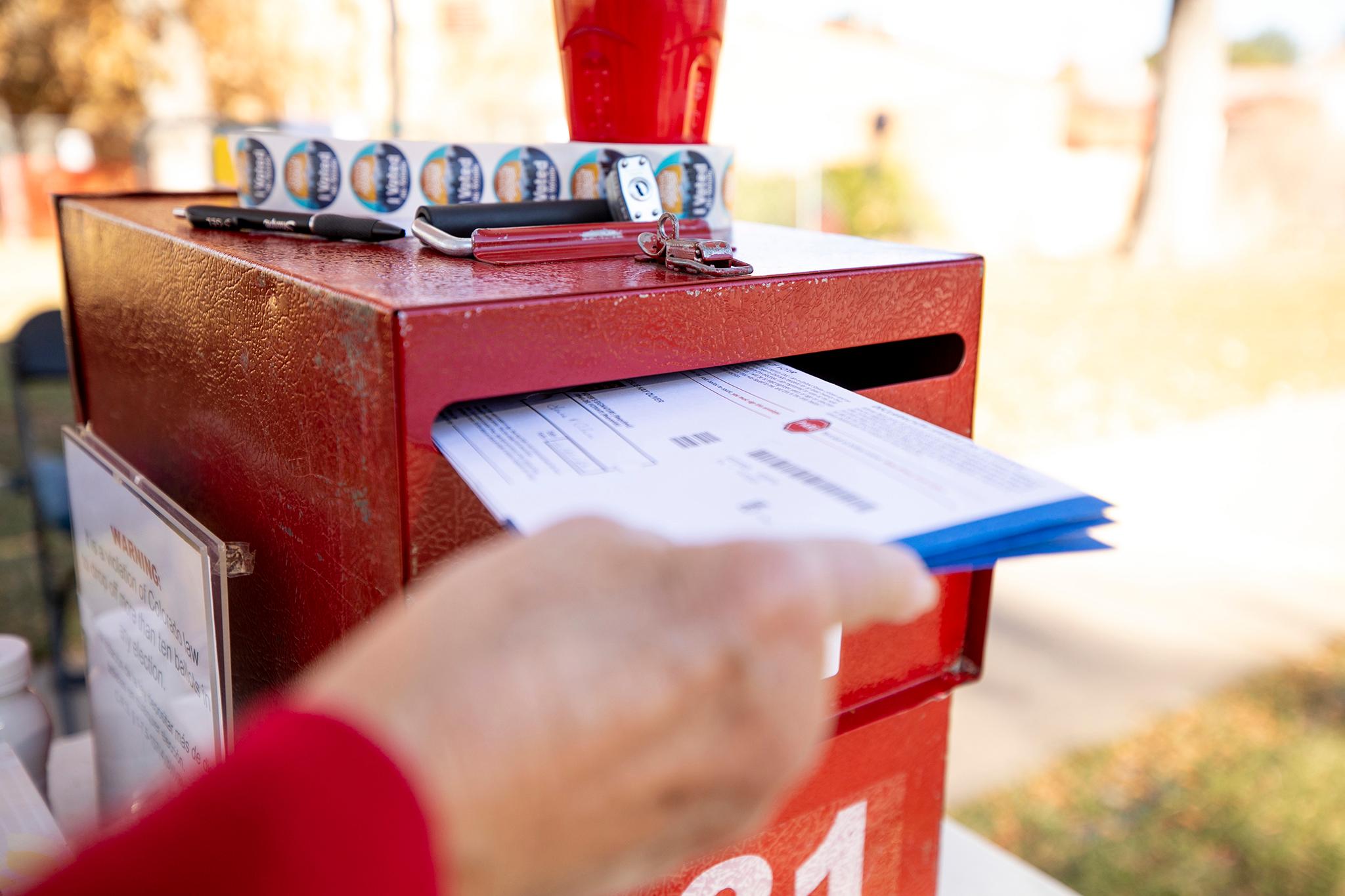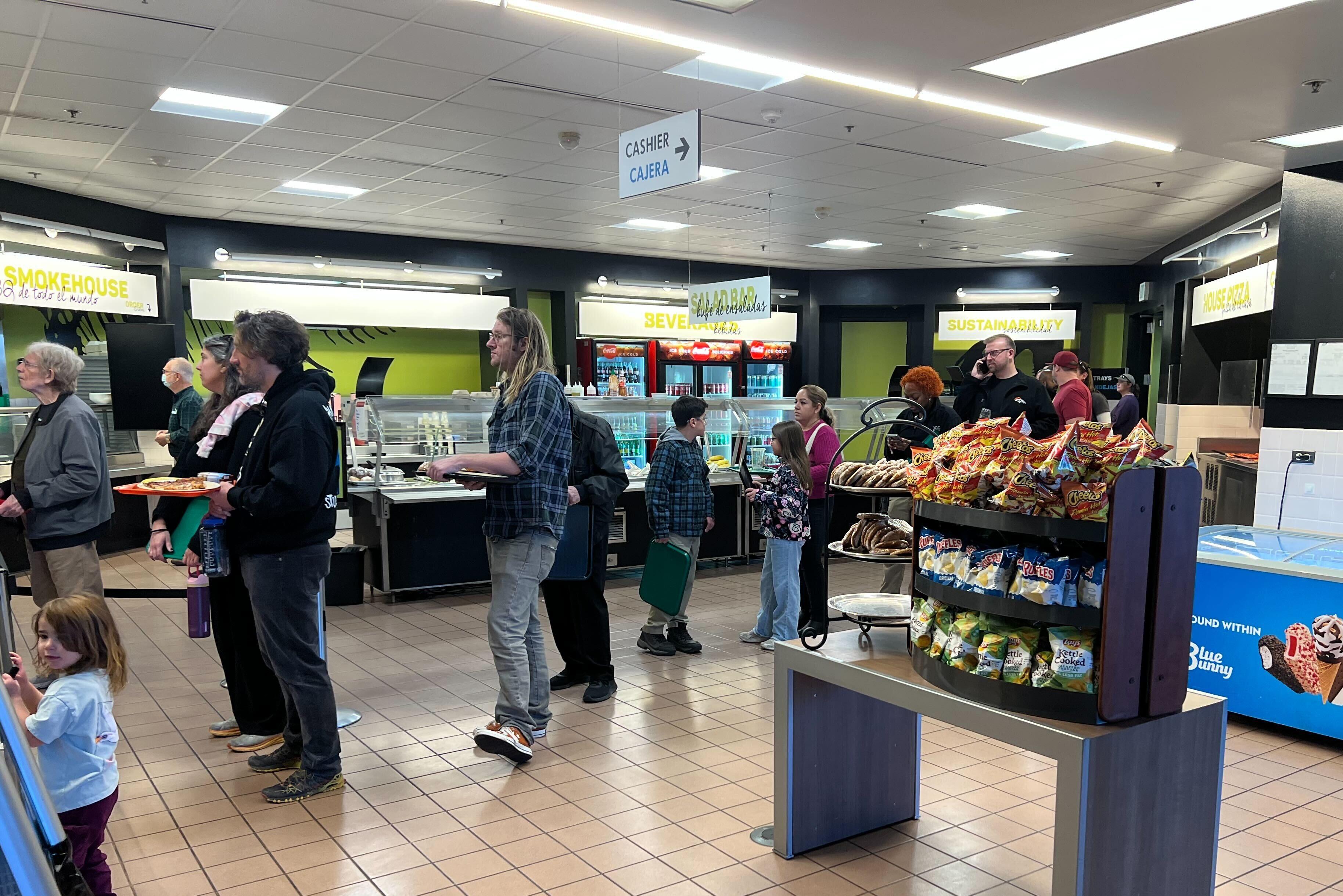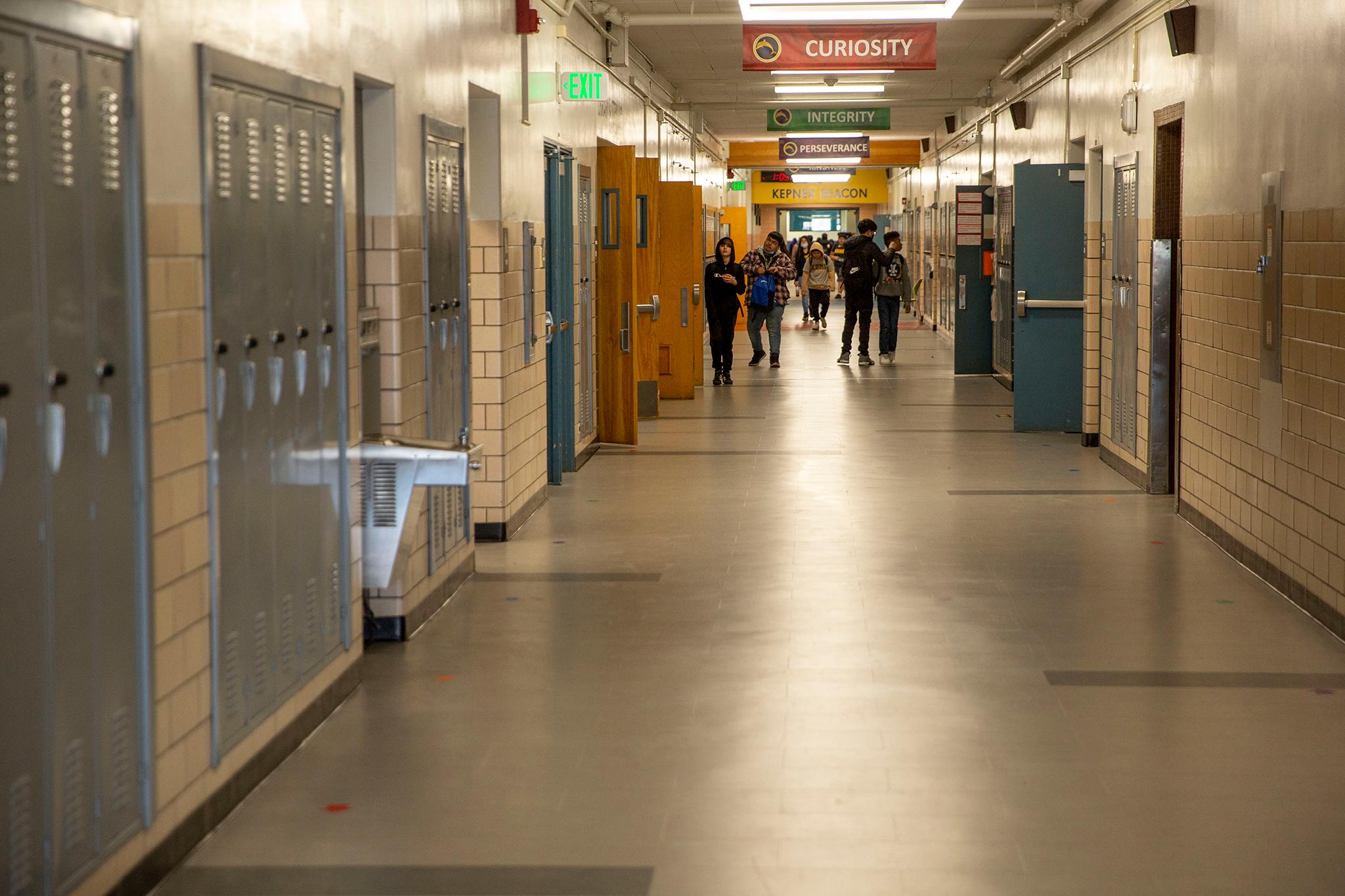Regional Transportation District’s pilot aimed at reducing “illegal activity” by keeping elevator doors open while at rest led to a decrease in calls for service, according to a report from RTD released Tuesday. The agency said it plans to expand the public safety policy to six additional stations in the coming months.
RTD rolled out the program in March at Nine Mile, Colorado and Southmoor stations, where the agency said it saw high use of its elevators and a large volume of customer complaints and security incidents.
A few months later, an initial report from RTD found a significant reduction in calls for service at Southmoor and Colorado stations. At Colorado Station, the calls for narcotics activity—by far the most frequent call type—decreased by about 62 percent. At Southmoor Station, calls for narcotics activity decreased by about 58 percent.
Overall calls at Nine Mile Station increased. Calls for narcotics jumped from 23 to 85, or nearly 270 percent. In its report, RTD said that elevators at Nine Mile Station were intermittently out of service during the comparison period in 2023, causing the elevators to be closed to the public for stretches at a time.

Now, elevators at Colfax, Lakewood/Wadsworth and Sheridan stations will get the same programming, with elevator doors staying open while elevators are not in use.
RTD said it plans to expand the program even further to additional stations but did not give a timeline. The initial pilot cost the agency $700, while RTD estimates expanding it across all stations would cost $61,350.
“RTD is extremely pleased the pilot program correlates with effectively reducing overall incidents and calls for service at the pilot locations,” said RTD-PD Deputy Chief Steven Martingano in a statement Tuesday. “An overarching initiative is to create a transit environment that is a personally safe and secure, welcoming, convenient and enjoyable experience for all customers."
RTD has also hired dozens of new transit police as part of larger public safety efforts on public transit.
Riders and drivers have complained about safety on RTD for years. Last year, RTD suspended plans to ban passengers from riding perpetually, a move criticized by advocates for targeting people experiencing homelessness. A later rule change gave police more power to suspend “chronic violators” of RTD’s code of conduct.













